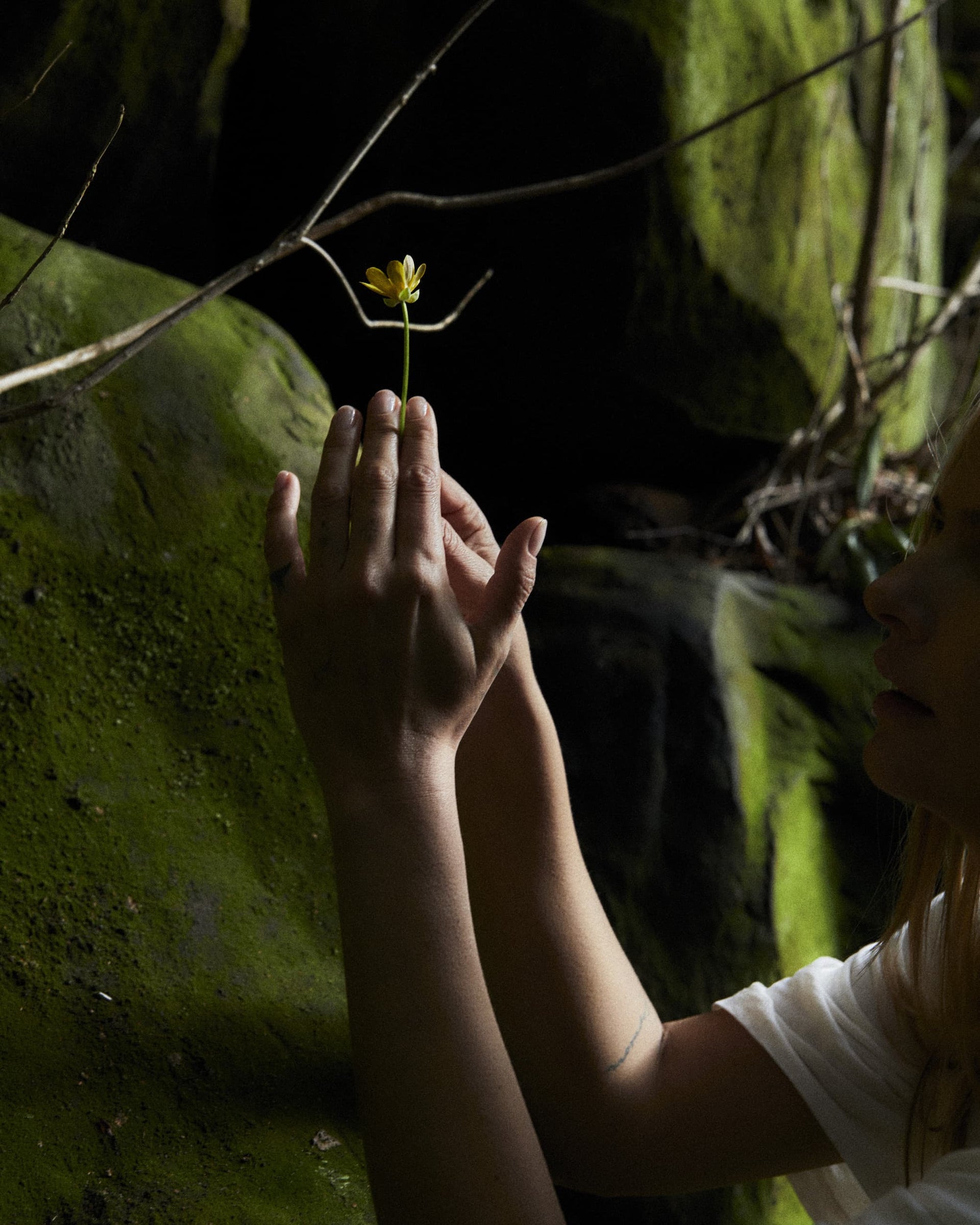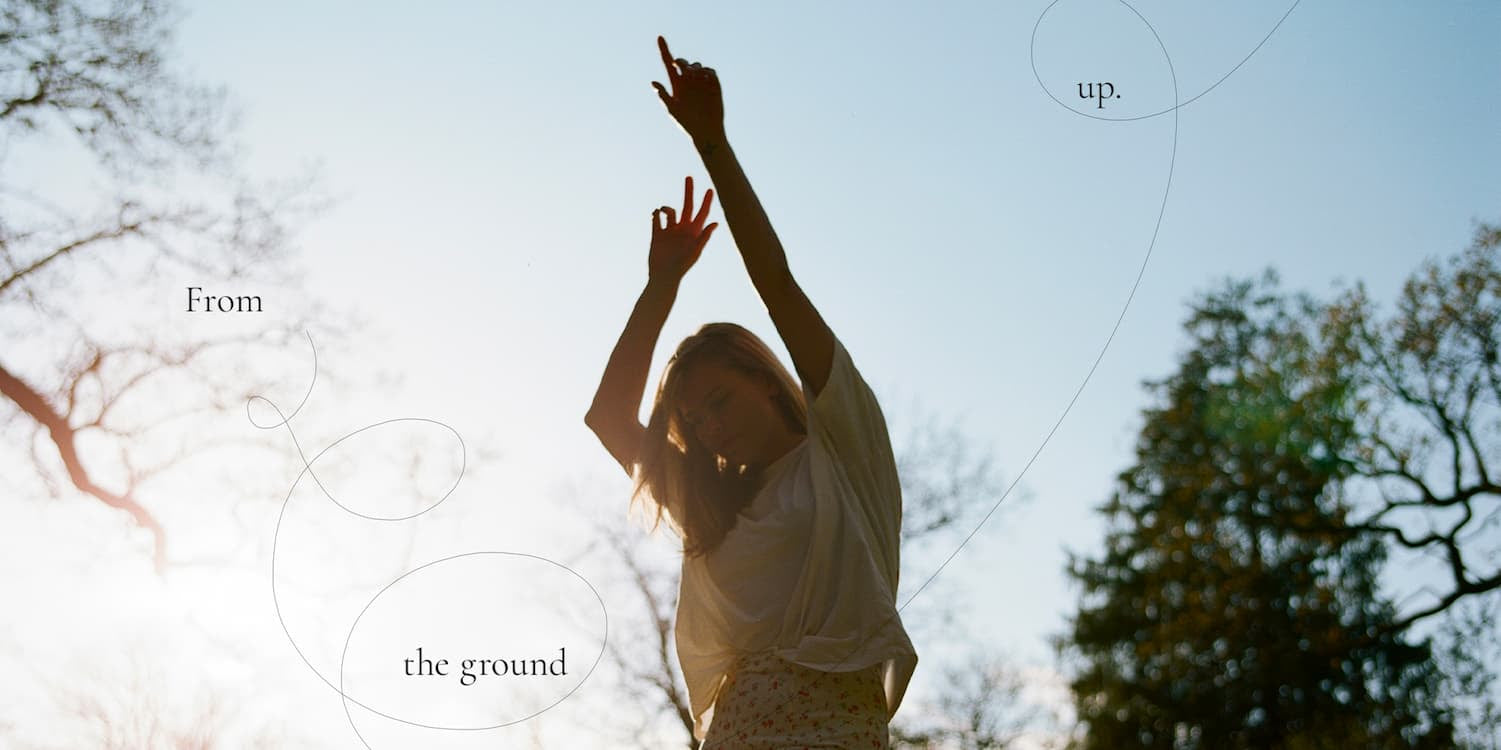
Breathing birdsong
The biohacking community repeatedly emphasizes the scientifically-proven importance of morning sunlight for regulating circadian rhythm, but I've found that birdsong has an even deeper effect on me. Every morning, I open my bedroom window to the sweet chirruping of birds and it somehow allows me to breathe. It eases me into the day with a soft, soul-reaching joy.
Living in London, morning sunshine can be hard to come by and forcing my focus onto what is often a bland, grey sky can actually have a negative effect on my mood. Yet, if I draw my curtains just so, and open the window up wide, my body doesn't just strike the scientific hour of morning time; it's bathed in a warm flood of dopamine that oozes from the melody coming from my window, whatever the weather.
Equally, in the early evening, if I sit outside under the trees in our garden, the end of my day is marked not by an internal sundial being shadowed by the dipping sun, but rather, by the cute commotion in the branches around me: a snappy squawk of parakeets between trees; the soft rhythmic purr of a woodpigeon; a sweet, searing sigh of robins. And, even better, it's accompanied by a show: a fly-by of bright green feathers or fluffy red-breasts, a commotion of wings flapping against leaves like sails at sea. Euphony over factuality for me, any day of the week.
When I moved my children from a bustling school in Putney to the countryside a couple of years ago, it was the first thing they and I noticed: the sound of birds rather than buses, as we walked down the lane to the school in the morning, and it made me so happy that birdsong would now be the cue for the start of the school day for them. Still the same frantic flurry of forgotten homework and running for the bell, but all the stress softly sluiced away in song.
Zach Bush speaks about trees having pores and how the frequency and vibration of birdsong promotes those pores opening, improving the uptake of carbon dioxide and water and the release of oxygen. Essentially, trees breathe better when surrounded by birdsong. It reminds me of Sebastian Faulk's Birdsong — the first book I ever properly read and connected with as a child — and the fragile image of the canary in the tunnel under no man's land, with the men measuring their survival by its continued song. It's an image that has stayed with me throughout the years studying literature later on in my life and even one I recalled more recently when I read Donna Tartt's The Goldfinch, and somehow it seems more relevant now than ever: that even in the darkest environment, nature's voice can still awaken and guide us — and perhaps even keep us breathing.
Olivia x
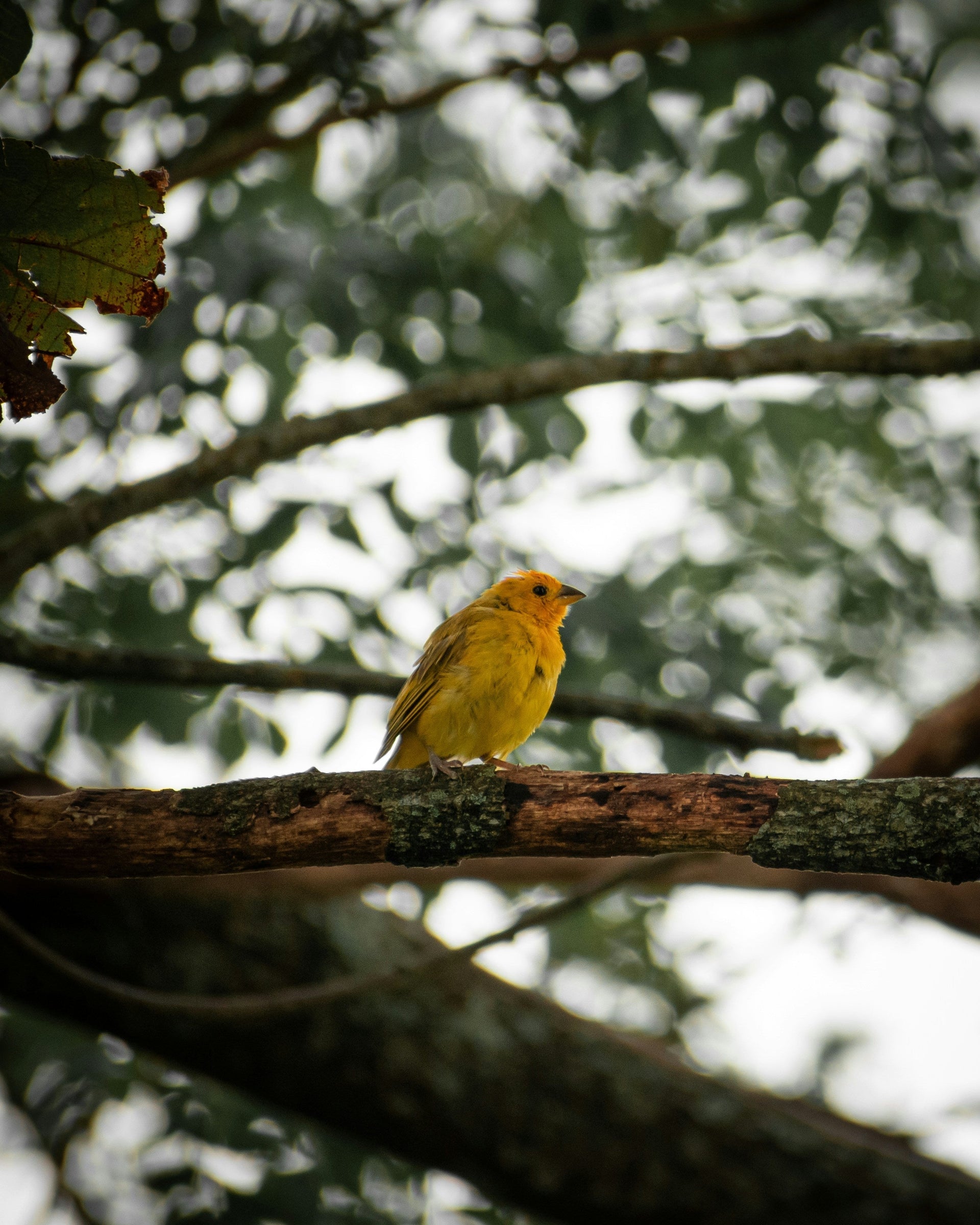
BTS
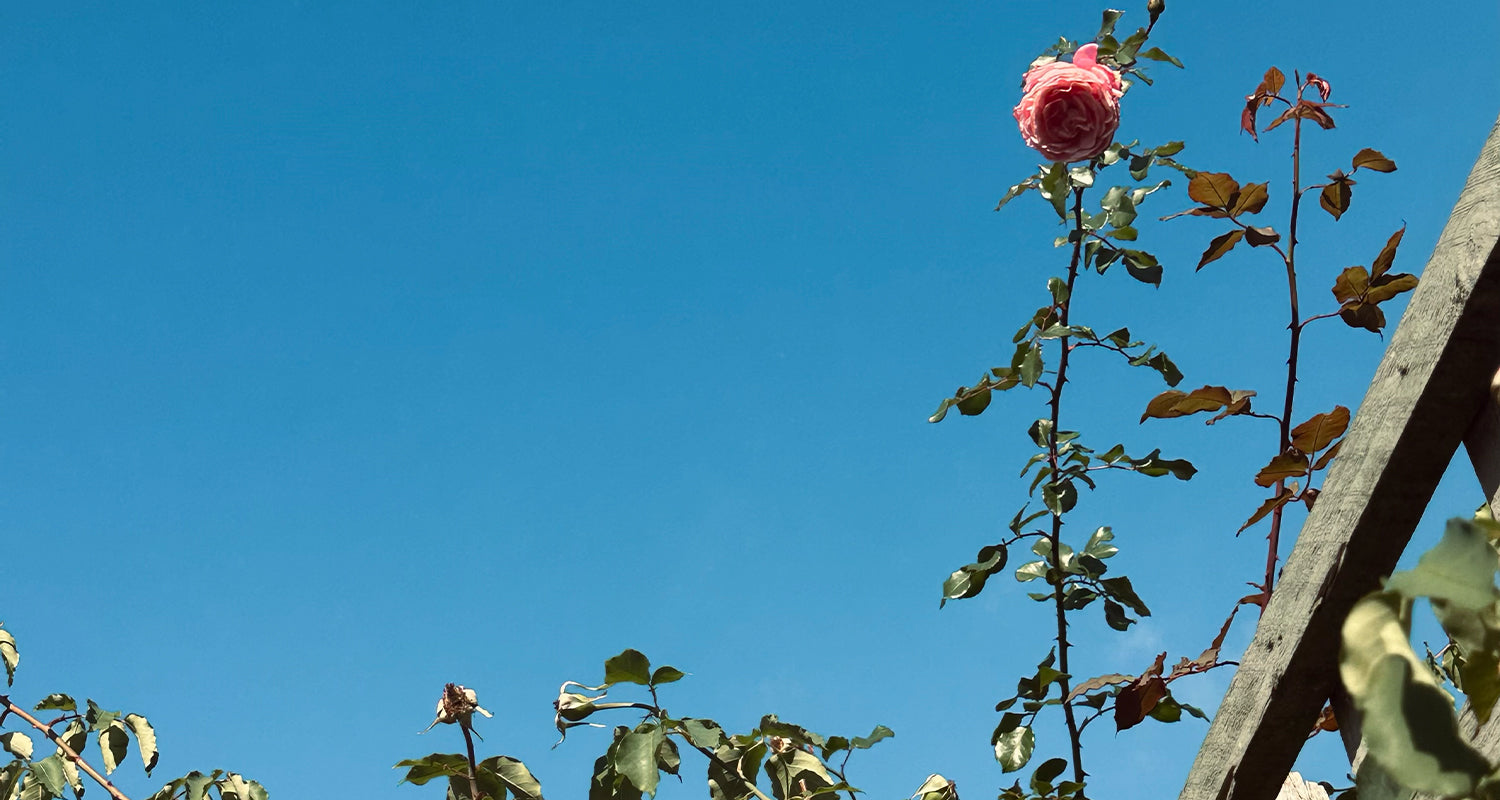
Roots
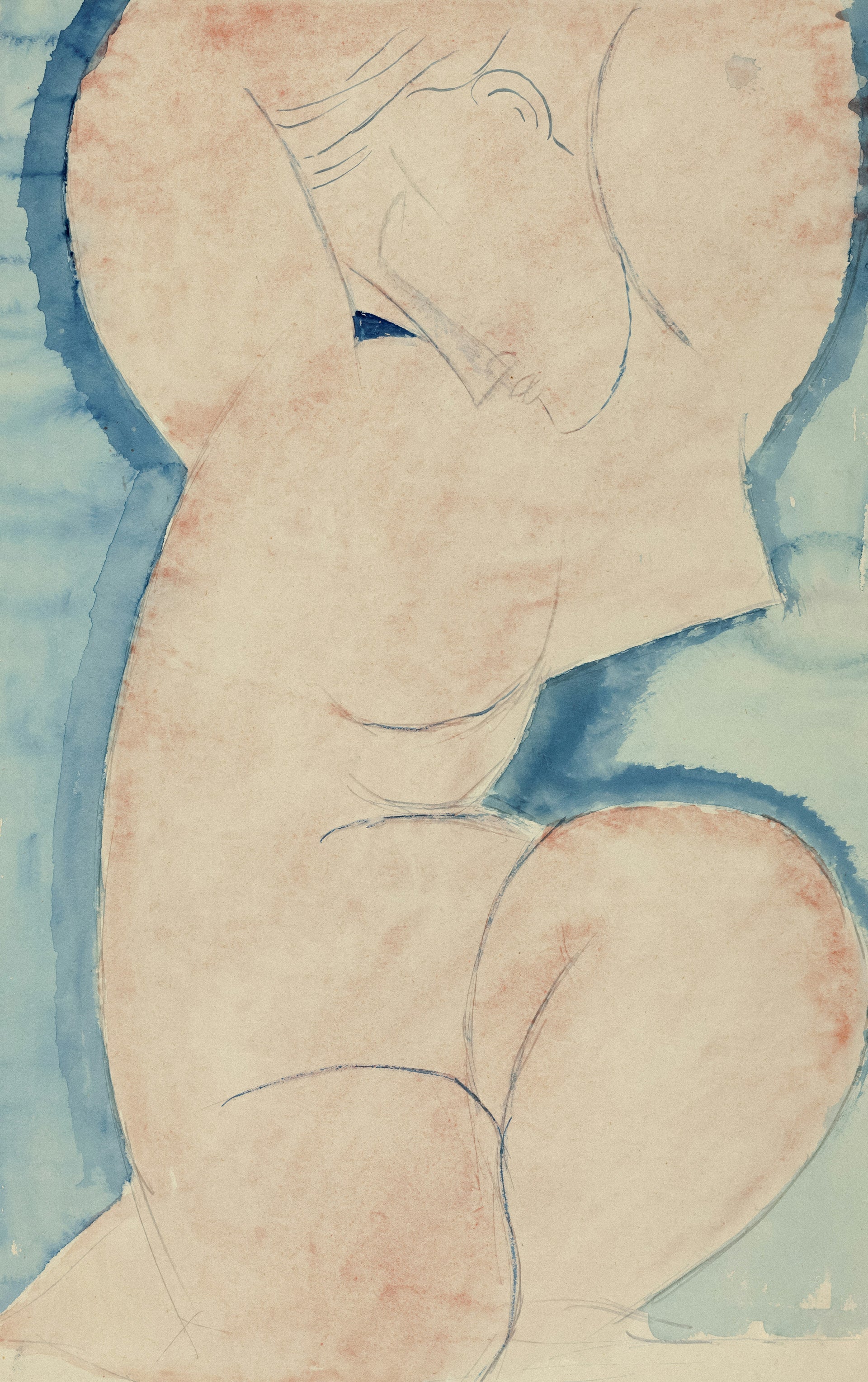
Body
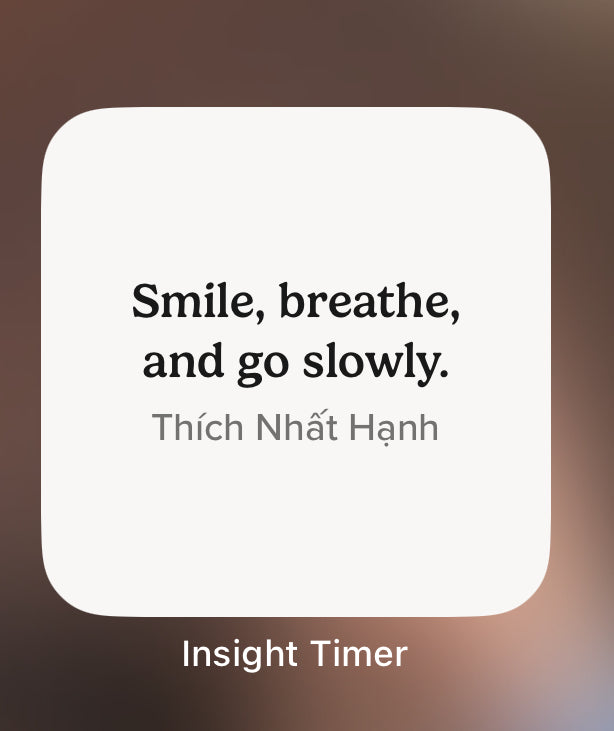
Long Haul

Mind
